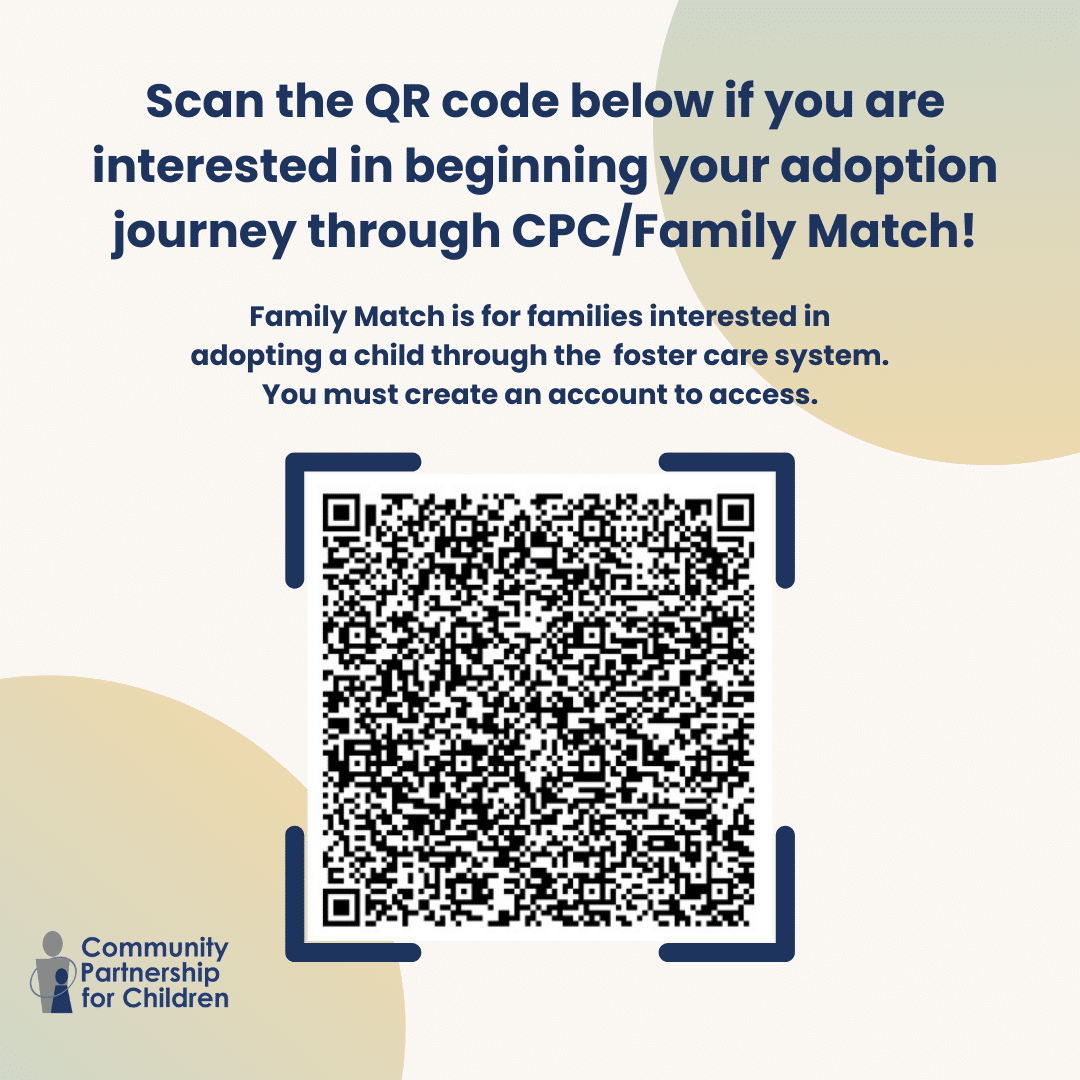Orientation. The first step in some areas is an orientation meeting for prospective adoptive parents. At this meeting the prospective parents may meet experienced adoptive or foster parents and the co-leaders who will provide an overview of the whole process, timeframes involved and the training schedule.
Preparation Course. The Model Approach to Partnerships in Parenting (MAPP) is a 30-hour training and preparation course that adoptive parents are required to successfully complete. These training sessions are usually scheduled at night or on the weekends.
The purpose of the training is twofold—for parents to assess themselves and their family and to explore and learn about adoption issues. As well as understanding children involved in the dependency system.
To register contact Rosalind McDonald at (386) 238-4900.
Home Study. A home study includes the following parts:
You will be required to provide information about your health.
Background checks at the local, state will be conducted on all household members 12 years or older. National level checks will be conducted on all adults 18 years and older, including fingerprint screening.
References will be requested from relatives, employer, school officials, if you have children in school, and character references from individuals who have known you and your family.
The adoption homefinder will visit your home two or more times to complete the home study. If you have children, it will be important for the counselor to ask them a few questions about what they think about adoption. Some of the topics that will be discussed with you and your spouse, if you have one, include, but are not limited to:
- Why do you want to adopt?
- Describe your childhood.
- What are the strengths of your marriage?
- How do you think a new child in your home will alter your lifestyle?
- Describe your financial situation.
- Describe your parenting style/philosophy.
Approval. All of the information is gathered and assessed in your family profile and the recommendations will be sent to the adoption supervisor for approval. When your application has been approved, you will be notified.
After Approval. You may continue to look at the available children on the Florida Adoption Exchange, and attend recruitment activities, especially the picnics or events when foster children who are available for adoption are in attendance. Notify your adoption homefinder/counselor when you are interested and need more information about a certain child or sibling group.
Match. When the needs of a child or sibling group are matched with your family, your adoption homefinder/counselor will discuss with you the pre-placement activities that must occur. The official placement in your home will occur when you, the child and the adoption homefinder/counselor determine that the child is ready.
Placement Supervision. After a child is placed, an adoption homefinder/counselor must make monthly visits in order to assess the child’s adjustment and if new or additional services are needed. The supervision period ends when the adoption homefinder/counselor assesses the suitability of the placement as to the child’s best interest and sends a “consents to adopt” to your attorney. A list of attorneys will be provided who have experience with adoption proceedings.
Finalization. Your attorney will schedule a hearing before a judge. At this hearing, the adoption will be legalized and the child will legally become part of your family.

